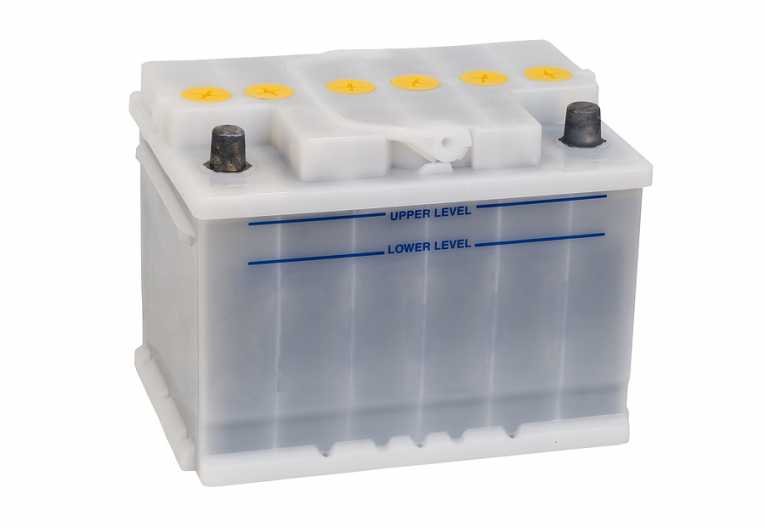Workers at lead facilities outside the states had three times the levels of lead in their bodies than workers in similar factories in the US and levels of lead in the air was seven times higher than that allowed in the US.
It's thought that many organisations are taking advantage of less strict legislation regarding lead processing in developing countries and seeing the economic benefits of sending lead products to be recycled there instead of at home. This practice, in turn, is leading to a significantly greater risk of lead poisoning in these emerging economies.
"Children and workers in developing countries face significant risks of lead poisoning, which can cause lifelong health problems," said Perry Gottesfeld from OK International. "Without major improvements, we expect that lead poisoning cases will continue to increase as the industry grows."The levels of lead found in workers and children were above the levels where medical professionals would expect to find health problems occurring. Lead poisoning can result in damage to the central nervous system, kidneys, cardiovascular system and the reproductive organs. More significantly, it is known to lead to behavioural problems in children.
At the heart of the problem is the lead battery industry. As 80 per cent of all the world's lead production ends up in the batteries of vehicles, solar power systems and mobile phones. Furthermore, it's a rapidly growing industry and expected to double in size within the next decade.
Greater regulation and enforcement in North America has lead to developing countries becoming the destination for lead processing, where legislation is more lax. In 2010, exports of used lead batteries from the United States to Mexico increased 112% from the previous year. Clearly, unless similar legislation is drafted in these developing countries, then the problem has the potential to become a lot bigger.
OK International's report comes at a time when China has closed hundreds of lead processing plants after a number of mass lead poisoning incidents there.
Top Image Credit: © Sarka










